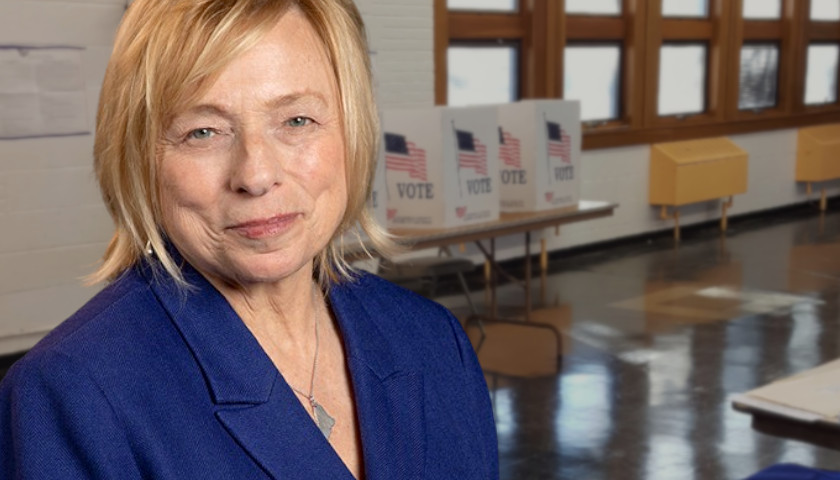by Misty Severi
Maine’s Democratic governor Janet Mills announced on Monday that her state will become the latest to join an effort to elect the president through popular vote instead of the electoral college.
A coalition of 16 states and Washington D.C., have agreed to send all of their electoral college votes to the candidate that wins the popular vote nationwide as part of the National Popular Vote Interstate Compact, according to the Associated Press, but the states will need to control 270 electoral college votes in order to implement the proposal. So far, with Maine, it has 209.
Mills said she has spent days contemplating whether to support the pact, and has decided to allow a state legislation that seeks to join the movement to pass into law without her signature.
“[R]ecognizing that there is merit to both sides of the argument, and recognizing that this measure has been the subject of public discussion several times before in Maine, I would like this important nationwide debate to continue and so I will allow this bill to become law without my signature,” Mills said in a statement.
Mills addressed both sides of the issue, where supporters claim the movement will give more power to individual voters and make the country more equal. Opponents have argued that it takes power away from smaller states by diminishing their influence in the election. Opponents have also warned that presidential candidates could spend less time campaigning in the smaller states if all states are equal.
“While I recognize concerns about presidential candidates spending less time in Maine, it is also quite possible that candidates will spend more time in every state when every vote counts equally, and I struggle to reconcile the fact that a candidate who has fewer actual votes than their opponent can still become President of the United States,” Mills said.
Although Maine brings the compact closer to fruition, there are still multiple hurdles that the proposal faces, including whether it can get the remaining 61 electoral votes it needs. Another question is whether Congressional approval will be required for the pact to take effect.
Even if the pact does get the necessary support, it would not go into effect this election cycle.
– – –
Misty Severi is a reporter for Just the News.
Background Photo “Voting Booths” by Tim Evanson. CC BY-SA 2.0.








